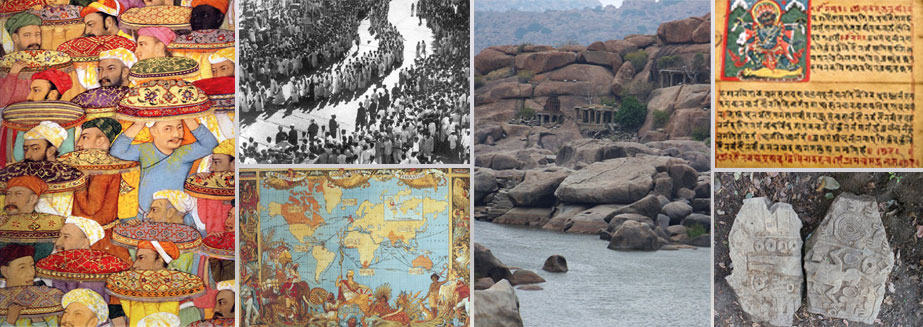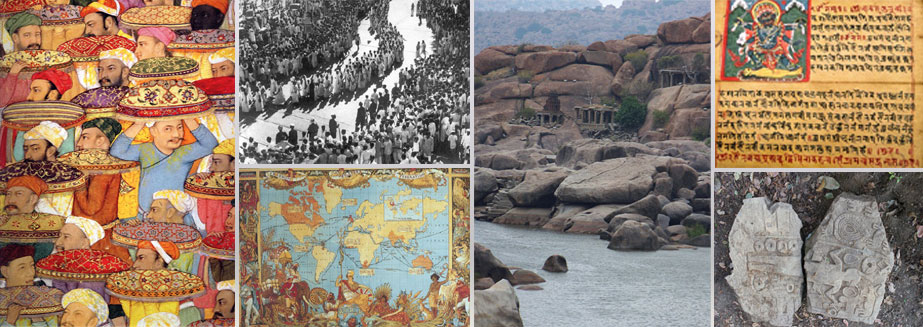CHS
CHS
Centre For Historical Studies
The Centre for Historical Studies is one of the oldest centres in the School of Social Sciences. It runs a prestigious programme of post-graduate studies which was launched in 1970 under the guidance of eminent historians Professors S Gopal, Romila Thapar, Bipan Chandra and Satish Chandra. This group envisaged a departure from conventional history programmes in India at the time, with emphasis laid on the importance of theory and analytical concepts in reconstructing the past, along with a thorough understanding and command of relevant primary sources in languages ranging from Sanskrit and Persian to modern Indian languages. The Centre also pioneered the study of Contemporary History, a specialisation that emerged for the first time in this country.

